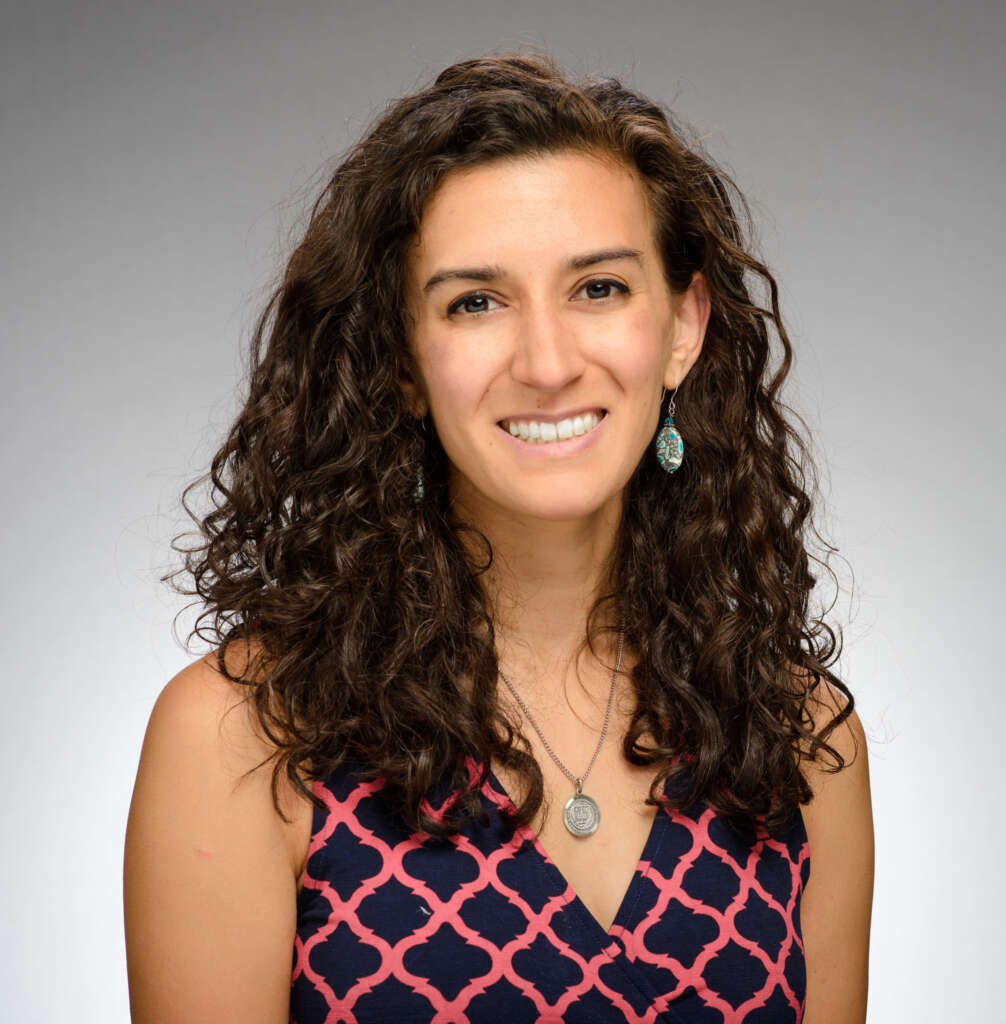March 19, 2025

Seham S. Kafafi is a psychology Ph.D. student in the Cognition, Brain, and Behavior area. She is pursuing a double minor in Advanced Quantitative Social Science and Peace Studies. Her research examines how brain frequencies and physiological arousal shape our emotional memories as we grow older.
Prior to her PhD, she studied the relationship between cortical structures and memory performance in healthy older adults and in patients with epilepsy. She earned her MSc. in Mindfulness from King’s College London and completed her master’s thesis on the neural correlates of meditation on the human startle reflex using fMRI. Her research career goal is to integrate neuroimaging with social determinants of health to develop a comprehensive understanding of the aging brain and cognitive health.
What or who inspired your research and its applications to society?
I conduct research on emotional memories in older adults which is crucial in the context of our society’s increasing aging population. As life expectancy rises, so does the prevalence of Alzheimer’s Disease and other age-related cognitive impairments. Understanding how older adults encode and retain emotional memories can provide insight into early detection and intervention strategies for cognitive decline. This research can also inform policies and programs aimed at improving quality of life, from enhancing cognitive health interventions to shaping social and healthcare systems that better support an aging society.
What is the most valuable lesson you’ve learned about collaboration from working with people outside of your field?
The most valuable lesson I’ve learned about collaboration from working with people outside of my field is the importance of studying diverse communities and how accessibility affects their cognitive health. During my time doing research in the Lucy Family Institute’s Health Equity Data Lab, I realized that addressing age-related diseases requires considering social determinants of health, such as living environments and access to resources. For example, transportation barriers can prevent older adults from attending medical appointments, leading to worse health outcomes. Similarly, access to community centers can enhance cognitive health by reducing social isolation. These interdisciplinary insights have shaped my approach to my future research studies, emphasizing the need for data on social determinants of health.
How has the Lucy Family Institute contributed to your development as a research scholar?
The Lucy Family Institute has contributed to my development as a research scholar by enhancing my ability to communicate complex ideas through storytelling. Engaging with researchers outside my field has strengthened my ability to frame my work in a compelling and accessible way. This skill has been invaluable in securing grant funding, fostering interdisciplinary collaborations, and uncovering new research opportunities. For example, a conversation with a fellow doctoral student led to a collaborative project between physiology and peace studies, exploring how mediator empathy influences the physiological arousal of individuals in conflict. This research has meaningful implications for international mediation and conflict resolution.
To learn more about the Lucy Graduate Scholars program, please visit the webpage.